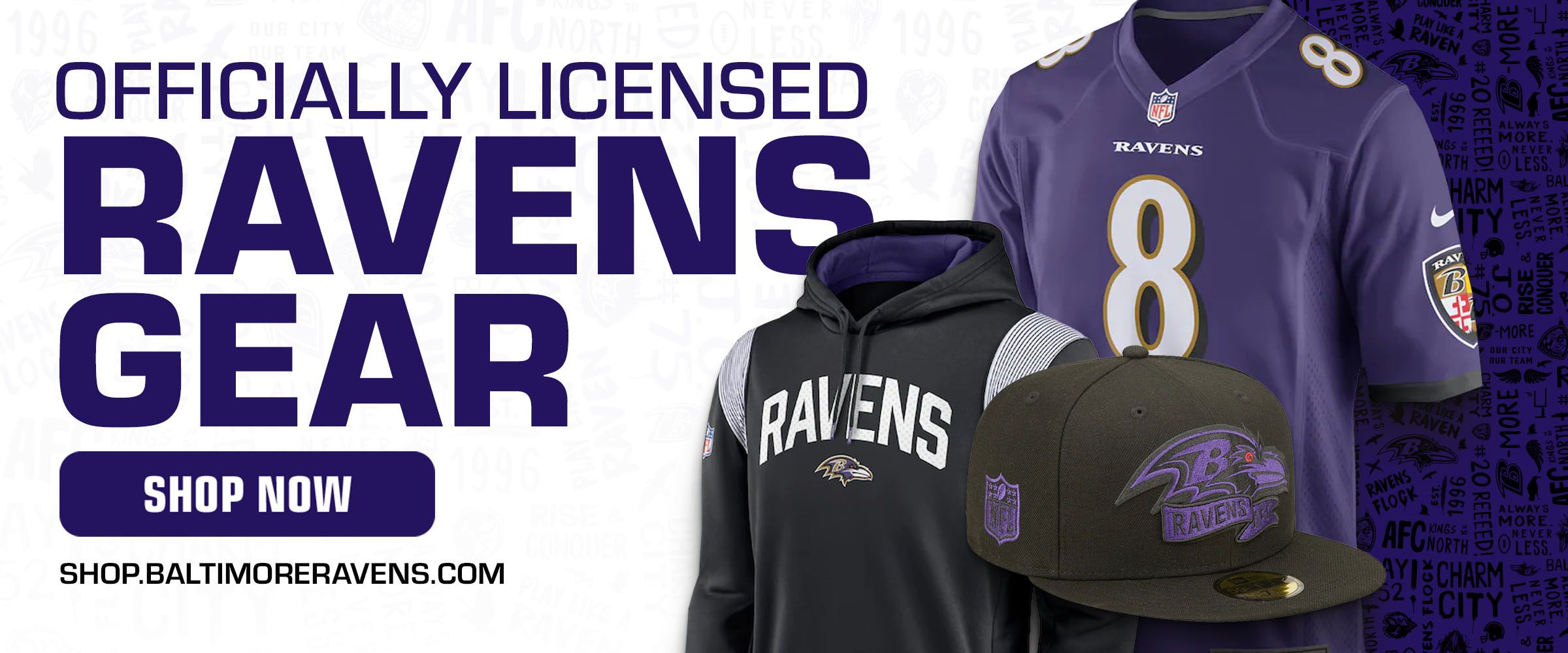Many NFL analysts believe the Ravens had better focus on securing a quality No. 2 quarterback because their starter, Lamar Jackson, is going to be running the ball a lot, which means he's likely to get injured.
The thought process seems logical enough. The more a quarterback runs, the more hits he takes. The more hits he takes, the better the chances that one causes problems.
Everyone remembers that day in 2012 when the Washington Redskins' Robert Griffin III took off downfield and the Ravens' Haloti Ngata clobbered him. Then a rookie sensation, Griffin suffered a debilitating knee injury.
Griffin joined the Ravens as a reserve in 2018, and one popular thought is he'd make an excellent No. 2 behind Jackson in 2019 because, if anything, he serves as a reminder of what a quarterback should NOT do.
But when the Ravens' offensive coordinator, Greg Roman, appeared on "The Lounge" podcast with my colleagues Ryan Mink and Garrett Downing this week, he offered a surprising, counterintuitive take on whether Jackson would be more susceptible to injury due to carrying the ball more.
Roman simply isn't that worried, pointing to his prior experience coaching mobile quarterbacks such as Alex Smith, Colin Kaepernick and Tyrod Taylor.
"I've been through this. I've been overly cautious at times in the past," Roman said. "I've worked with a lot of athletic quarterbacks that can affect the game with their feet. When a quarterback decides to run, he's in control. (And) when he's in control, running the ball, he can pretty much control his fate, (saying to himself) 'I can get down. I can get out of bounds. I can slide. I can dive.' When quarterbacks actually run the ball, you'd find, if you really looked at it, that they don't really take many shots. And if they do, they probably didn't have to."
Griffin's example notwithstanding, injuries to quarterbacks tend to occur when they're in the pocket, Roman said, as opposed to scrambling. It's "when the quarterback doesn't see the guy … in the pocket, the blind hit, someone rolling him up from behind, those kinds of things," Roman said.
Joe Flacco's injury history testifies to that. He had never missed a start until he suffered a major knee injury in 2015 when a teammate rolled into him – yes, in the pocket. Last season, he suffered a hip injury that eventually cost him his starting job, and again, he was in the pocket.
As Roman noted, a mobile quarterback such as Jackson does stand a greater chance of injury if he stubbornly absorbs too many unnecessary hits while scrambling. Teaching him to avoid those hits and "control" his contact is essential, Roman said, and class was definitely in session during Jackson's rookie season.
"We'd meet on Fridays, go through the film, really study his decision-making process," Roman said. "It improved greatly as the year went on and will continue to improve. Unnecessary hits are not what we're looking for … if you make great decisions, the upside (of running) is high and the downside is low."
In other words, the Ravens aren't that worried. After he became the starter in 2018, Jackson ran all the time but only left one game due to an actual injury, an ankle tweak, which came on a drop-back pass attempt, when Jackson was in the pocket. He was kicked once in the head by his own teammate on a run downfield and missed a series as he was evaluated for a concussion he didn't suffer.
"I'm not that concerned as long as we're on the same page" about avoiding unnecessary hits, Roman said, calling that "part of the continuing education process."
Even If they don't expect to lose Jackson, they Ravens understand that injuries are common enough that they can't cut corners on their No. 2 quarterback.
"We want to make sure we have a good backup in place regardless of Lamar Jackson being quarterback or somebody else being the quarterback. Having two quarterbacks is essential in the NFL," Ravens GM Eric DeCosta said.
My two cents, Griffin, a pending free agent, would be ideal. Now 29, he can counsel Jackson on all aspects of being an NFL quarterback, and also could step right into a game and run the offense.
But he might not play much, if at all, or so the Ravens believe.



















